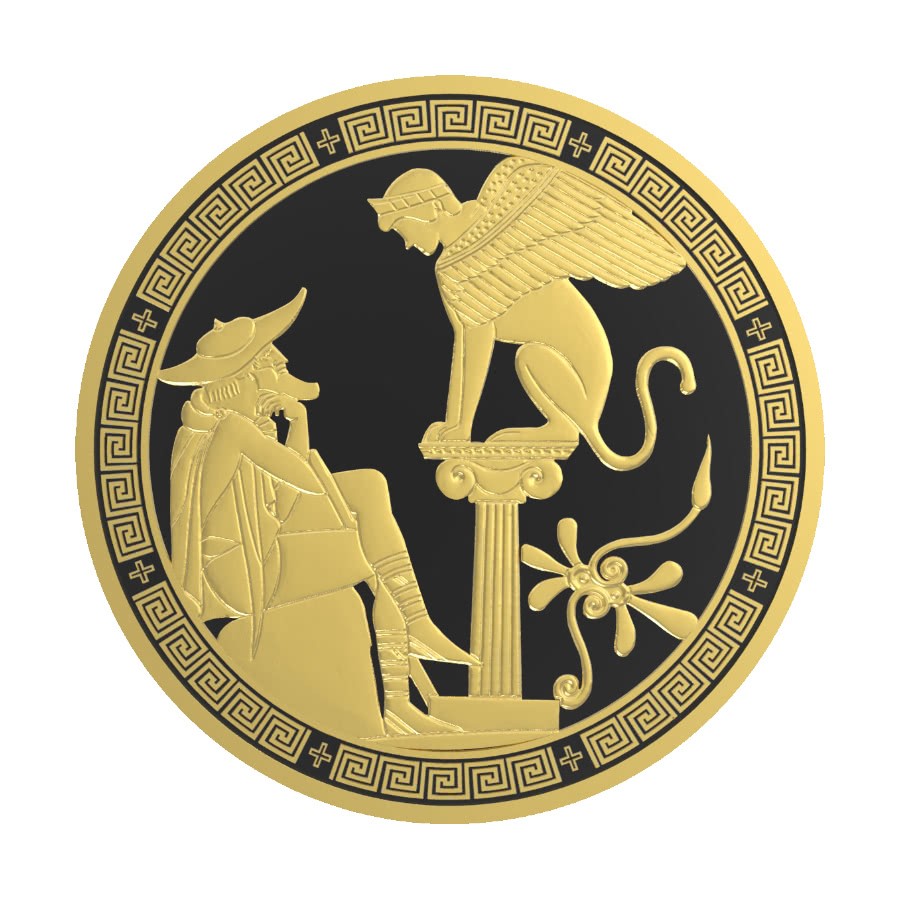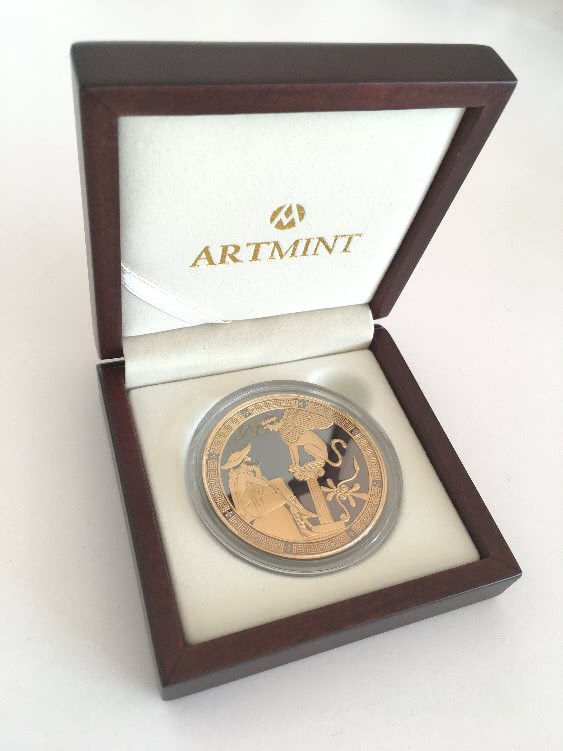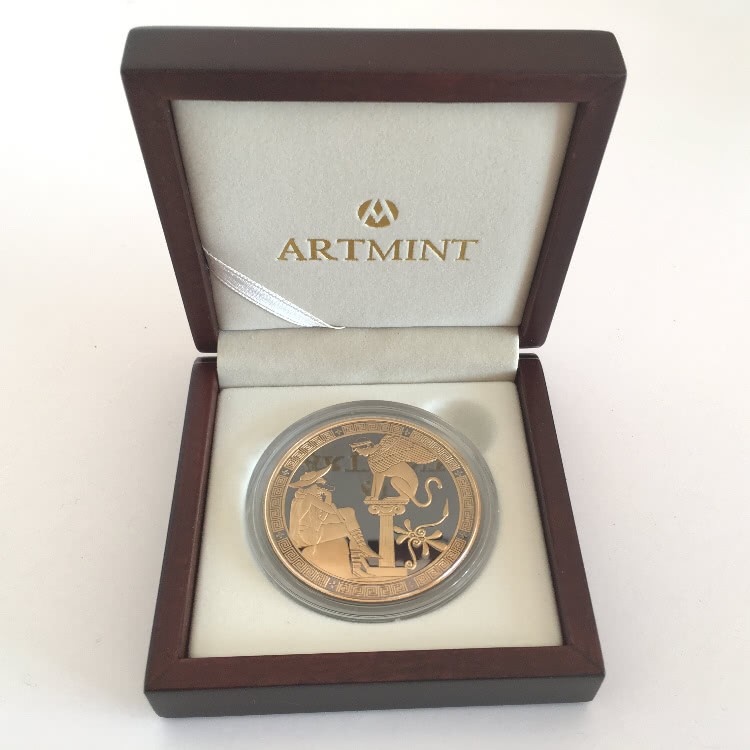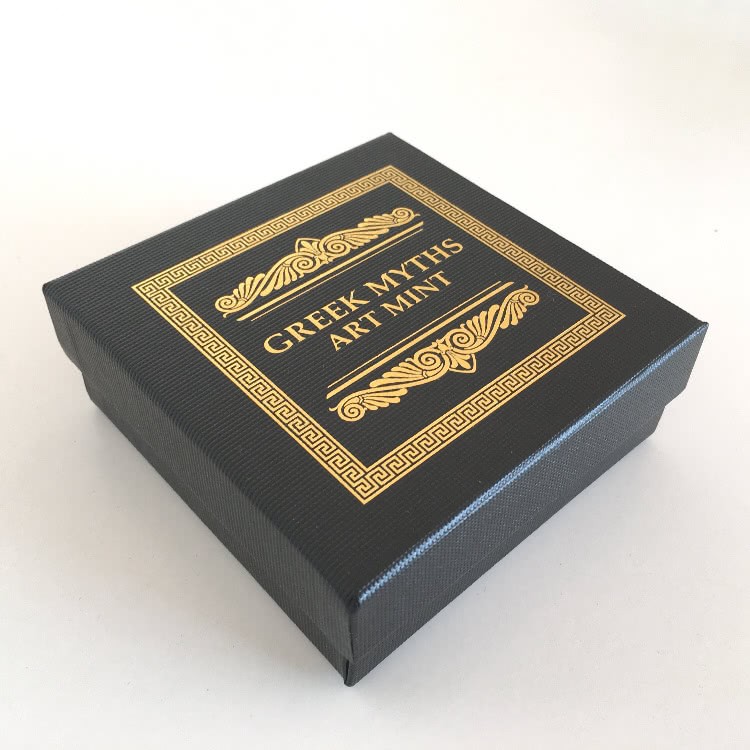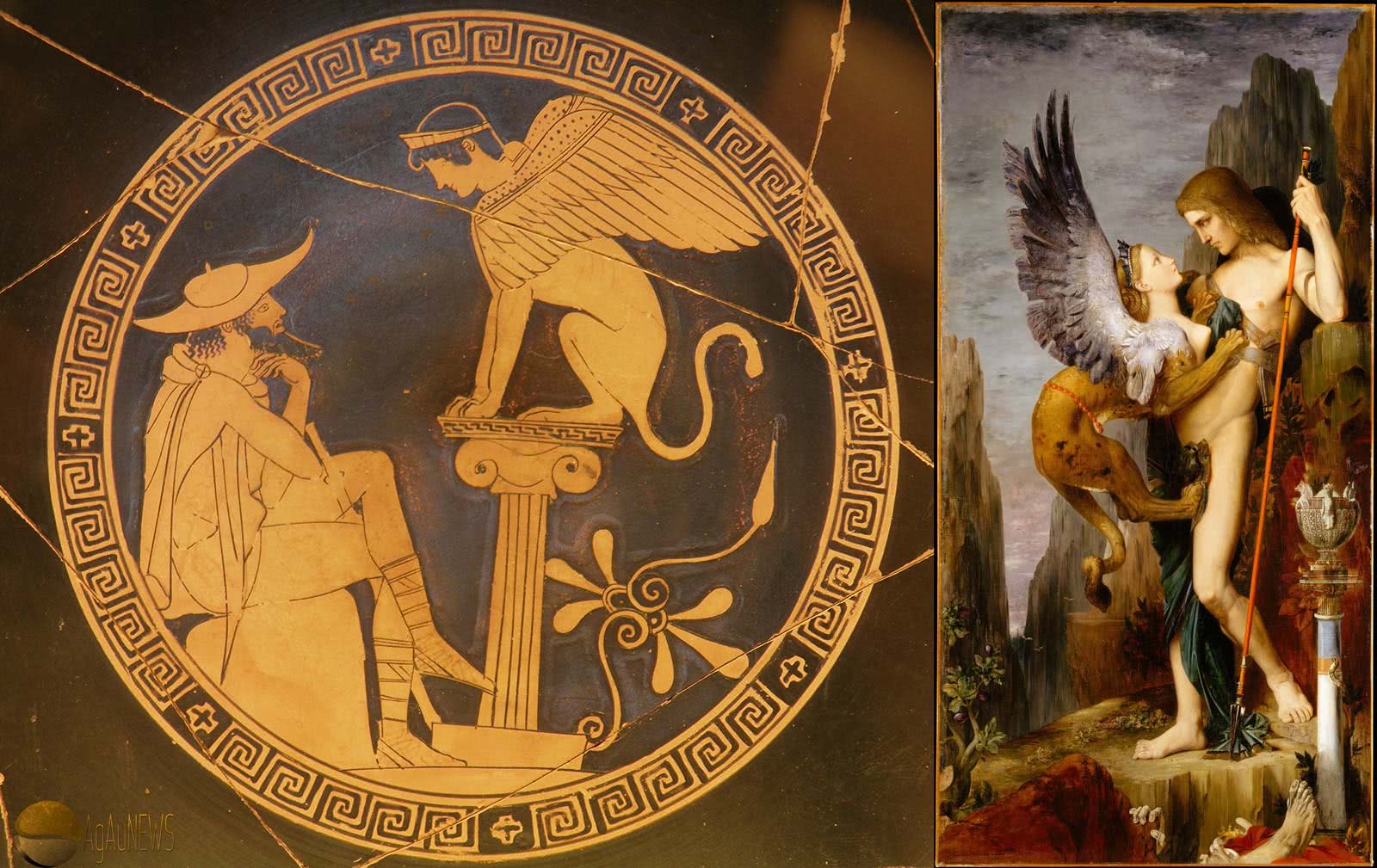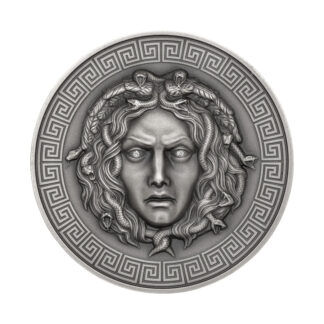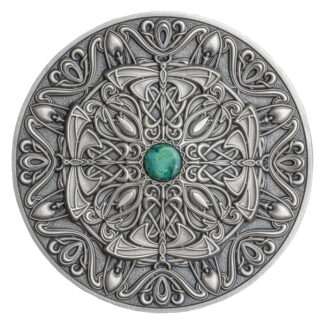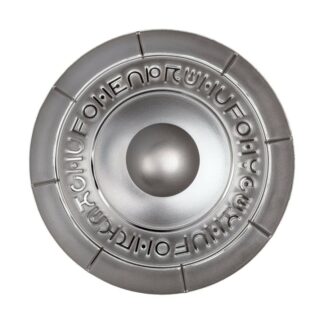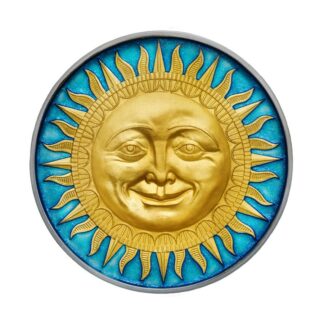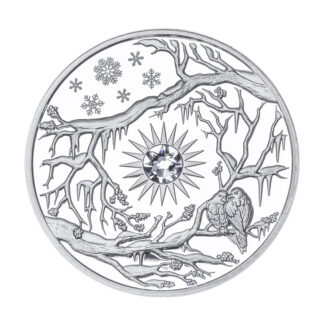Description
GREEK MYTHS
Greek mythology is the body of myths and teachings that belong to the ancient Greeks, concerning their gods and heroes, the nature of the world, and the origins and significance of their own cult and ritual practices. It was a part of the religion in ancient Greece.
Greek mythology is explicitly embodied in a large collection of narratives, and implicitly in Greek representational arts, such as vase-paintings and votive gifts. Greek myth attempts to explain the origins of the world, and details the lives and adventures of a wide variety of gods, goddesses, heroes, heroines and mythological creatures.
These accounts initially were disseminated in an oral-poetic tradition; today the Greek myths are known primarily from Greek literature.
Archaeological findings provide a principal source of detail about Greek mythology, with gods and heroes featured prominently in the decoration of many artifacts. Greek mythology has had an extensive influence on the culture, arts, and literature of Western civilization and remains part of Western heritage and language.
OEDIPUS AND SPHINX
Oedipus (“swollen foot”) was a mythical Greek king of Thebes, the son and killer of Laius, son and consort of Jocasta, and father and sibling of Polynices,Eteocles, Antigone, and Ismene. A tragic hero in Greek mythology, Oedipus accidentally fulfilled the prophecy, despite his efforts not to, that he would end up killing his father and marrying his mother, thereby bringing disaster to his city and family. When the truth was discovered, his wife-mother hanged herself, and Oedipus gouged out his own eyes. They had four children together. The story of Oedipus is the subject of Sophocles’s tragedy Oedipus the King, which was followed by Oedipus at Colonus and then Antigone. Together, these plays make up Sophocles’s three Theban plays. Oedipus represents two enduring themes of Greek myth and drama: the flawed nature of humanity and an individual’s role in the course of destiny in a harsh universe.
In the most well-known version of the myth of what happened after Oedipus was born to King Laius and Queen Jocasta, Laius wished to thwart a prophecy. Thus, he fastened the infant’s feet together with a large pin and left him to die on a mountainside. The baby was found on Cithaeron by shepherds and raised by King Polybus and Queen Merope in the city of Corinth. Oedipus learned from the oracle at Delphi of the prophecy, but believing he was fated to murder Polybus and marry Merope, he left Corinth. Heading to Thebes, Oedipus met an older man in a chariot coming the other way on a narrow road. The two quarreled over who should give way, which resulted in Oedipus killing the stranger and continuing on to Thebes. He found that the king of the city (Laius) had been recently killed and that the city was at the mercy of the Sphinx. Oedipus answered the monster’s riddle correctly, defeating it and winning the throne of the dead king and the hand in marriage of the king’s widow, his mother, Jocasta.
Oedipus and Jocasta had two sons (Eteocles and Polynices) and two daughters (Antigone and Ismene). In his search to determine who killed Laius (and thus end a plague on Thebes), Oedipus discovered it was he who had killed the late king (his father). Jocasta, upon realizing that she had married her own son and Laius’s murderer, hanged herself. Oedipus then seized two pins from her dress and blinded himself with them. Oedipus was driven into exile, accompanied by Antigone and Ismene. After years of wandering, he arrived in Athens, where he found refuge in a grove of trees called Colonus. By this time, warring factions in Thebes wished him to return to that city, believing that his body would bring it luck. However, Oedipus died at Colonus, and the presence of his grave there was said to bring good fortune to Athens.
The legend of Oedipus has been retold in many versions, and was used by Sigmund Freud to name and give mythic precedent to the Oedipus complex.
Source: https://en.wikipedia.org/wiki/Oedipus

